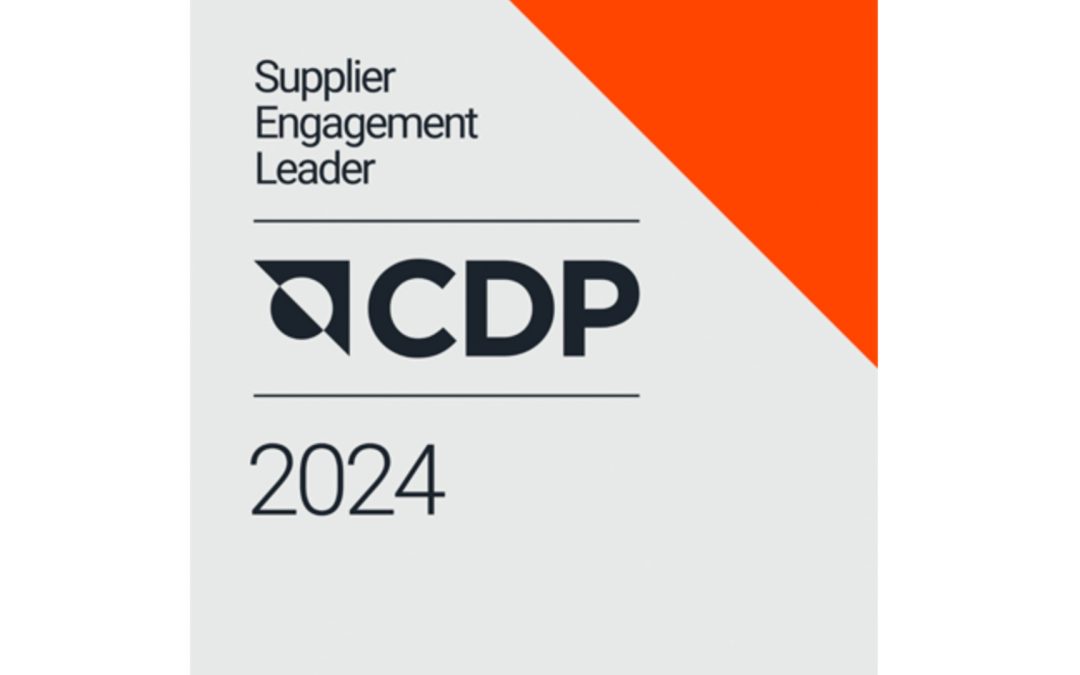New research reveals European finance leaders believe a lack of financial process automation is hindering employee productivity and fulfilment.
The findings from Ricoh Europe also show employees are frustrated with businesses’ slow adoption of process automation, putting talent retention at risk. These findings come with wider legislative changes and mandates around e-invoicing in Europe on the horizon, meaning financial automation is no longer just a nice to have, but a must to avoid potential financial penalties.
According to the research, Finance Leaders consider under investment in process automation the joint top factor impacting employee productivity (27%), alongside outdated collaboration tools and the pressure of achieving high growth targets. Meanwhile, employees cite that a lack of process automation is holding them back, with a third (32%) revealing they do not have access to automation technologies but want them. Instead, employees are being forced to spend time on manual processes that technology could otherwise complete, not only steering them away from value-add work, but increasing delays and the risk of human error.
Businesses’ slow adoption of process automation is also impacting employee morale. Finance Leaders believe heavy administrative burdens are one of the primary reasons employees are left unfulfilled at work. However, the research suggests promising signs of change, with 34% of Finance Leaders saying they are placing a higher priority on investments in tools to help staff do their job more efficiently, than they did in the previous year.
But it is no longer just productivity and morale that businesses need to be concerned about. E-invoicing mandates are fast approaching in several European markets, which businesses cannot ignore if they want to avoid financial penalties. The EU Directive 2014/55/EU** is expanding to cover B2B payments, and individual EU member states are setting their own mandatory e-invoicing deadlines. Germany enforced its own as of January 2025, with Spain and France expected to follow suit by 2026.
Even businesses based in countries without imminent mandates should consider early adoption of e-invoicing and financial process automation as a strategic business priority. Regulatory changes are likely and expected across other regions too, particularly as governments look to align with EU and global standards. Organisations operating cross-border will also increasingly need to comply with international e-invoicing rules.
Despite multiple motivating factors, data and business continuity concerns could hinder the implementation of financial process automation technologies. Nearly a third (30%) of Financial Leaders admit they need guidance on which systems can be integrated and extracted into workflows without disruption.
Tim Stuart, Chief Financial Officer of Ricoh Europe, said: “As Financial Leaders, we have a responsibility to prioritise the wellbeing of our teams and ensure organisational compliance. Automation is key to both.
“Not only does automation enhance productivity and job satisfaction, it also brings wider business benefits, from improved data accuracy and real-time financial insights, to reduced risk exposure. While concerns around financial data sensitivity and privacy aren’t without warrant, partnering with a reliable digital expert, with proven technical expertise, will ensure data remains secure. With the right support, businesses and their finance teams can adopt automation confidently and reap its benefits with minimal disruption.”




















